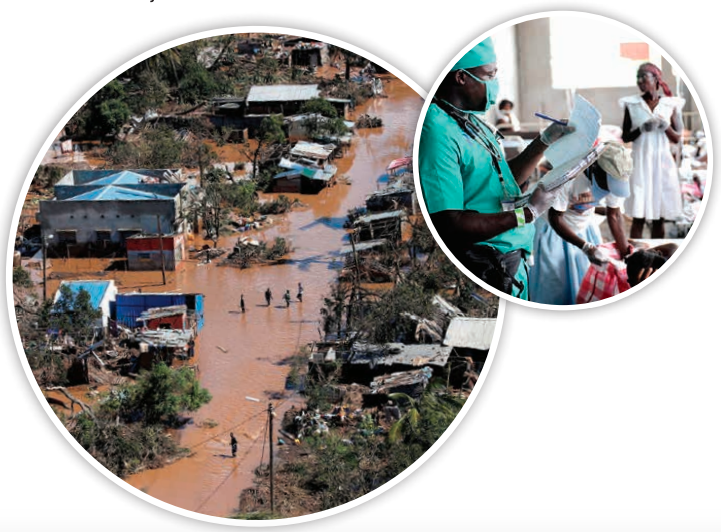Dr Ngcebo Mhlongo, a medical doctor based at the Africa Health Research Institute in KwaZulu-Natal, takes us through how we can help stop the spread of COVID-19, and what we can do to keep ourselves and our loved ones safe.
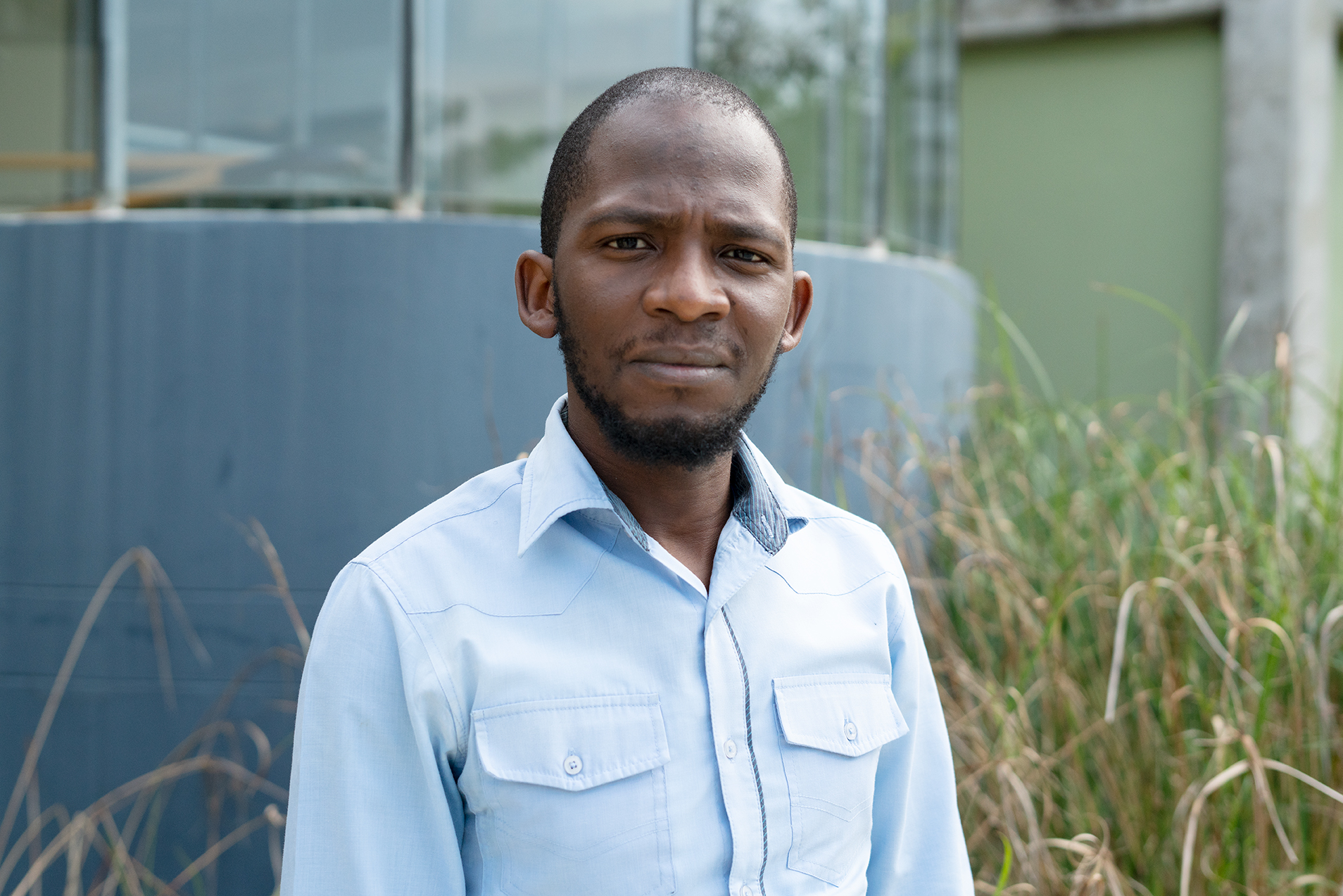
How can I help stop the spread of COVID-19?
Stay at home if you can, as our president has instructed. The virus spreads when you inhale droplets from an infected person who coughs or sneezes – or even talks. The danger is that some people may not know they are infected while spreading the virus. By staying away from public places and not visiting friends and family, you will help to protect yourselves and others. If you must go out for work, for groceries or to a healthcare facility, stay at least two metres away from other people and make sure you wear a cloth face covering. Wash your hands frequently with soapy water for at least 20 seconds. If you do not have water and soap close by, use hand sanitiser, but soap and water are best. Avoid touching your face, because you could have touched contaminated surfaces, and then when you touch your nose, eyes or mouth, you get
infected. At home, make sure you regularly clean surfaces that you touch often – like doorknobs and light switches.
How can I protect myself?
There is no cure or vaccine for COVID-19 yet, but if you have a strong immune system, your body can fight off the virus. Most infected people will get better. To stay healthy, follow the above advice and maintain a healthy lifestyle through eating healthy food, drinking enough water and exercising (within lockdown regulations). It is important for people with HIV, TB, diabetes and other conditions to continue taking their medication as usual. If you are feeling sick in any way, please consult your doctor or clinic. Do not ignore any health problems, because now it is more important than ever to know everything about your health.
This article was published in collaboration with the Africa Health Research Institute.
Hip Hop Science Spaza collaborated with learners from Cedar High School of the Arts and researchers from Stellenbosch University’s Division of Molecular Biology and Human Genetics (MBHG) to host another successful intervention! This time, learners from Cedar High interacted with MBHG researchers to learn all about Tuberculosis (TB). Researchers set up awesome learning stations for the learners where they could participate in fun activities and examine scientific equipment. The learners then wrote and recorded their OWN songs which they performed for their peers and parents at the final event. Pretty cool, eh!
Hip Hop Science Spaza created an opportunity for young people to interact with researchers to explore what TB is, how it is spread, the signs and symptoms of TB, how TB is diagnosed, how TB is treated and stigmas surrounding TB. Learners arrived for the sessions shy and nervous but best believe that by the end of the week, they were fired up to be a part of the TB conversation!
Start a home garden
You can plant your own fruit and veggies in a home garden. You will be helping the environment and saving money at the same time!
Make your own compost
Put leftover food in a compost heap. You can use compost to grow new plants. Making compost also reduces space used for landfills and creates healthy soil.
Plant indigenous
Plant indigenous species of plants. They use less water and provide food and habitat for animals.
Don’t use plastic
Plastic bags harm animals and the environment and take years to break down. Use your own canvas bag instead of plastic bags.
Reuse
Use a glass drinking bottle that can be washed out and used again. If you use items that can be reused, this results in less waste.
Become a Waste Picker
Start waste picking to make money. Waste pickers collect recyclable materials to resell to buyback centres.
Save water
Saving water is extremely important. All living species need water to survive. Always turn off your tap when you’re finished and fix all your plumbing leaks
Reduce power use
When you exit a room, always turn off the lights. Using electricity creates pollution. You will create far less pollution if you save electricity.
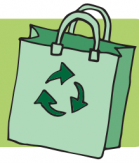

This article was published in collaboration with the Department of Environmental Affairs
Did you see Science Spaza at Science Forum South Africa 2019?!
Check us out!
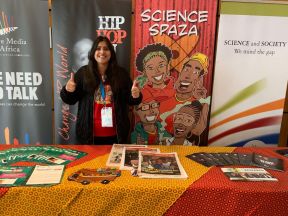
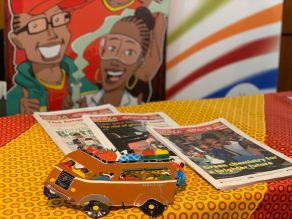
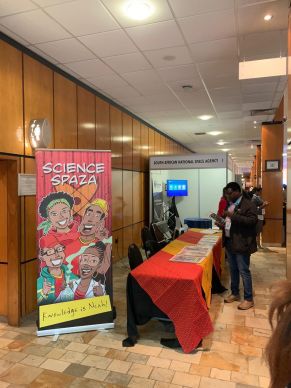
We had an awesome time meeting and interacting with everyone who attended SFSA 2019!
We look forward to seeing you again next year!
Climate change will affect South Africans in five sectors: health, bio-diversity, agriculture, water and cities. Though the spread of malaria isn’t expected to increase, cholera outbreaks will. As temperatures rise, farmers will need extra irrigation and maize, wheat and grape production particularly will be impacted. It is uncertain what the outcome of precipitation will be, but the east coast and central interior are likely to get more water, while the Northern and Western Cape are likely to get less. Coastal cities may be threatened by higher sea levels. For example, Durban’s sea-level could rise by 2.7 mm every year, making storm surges and coastal erosion worse. In general, as weather patterns become more extreme, fires, storms, flooding, and droughts are expected.
- Many South Africans are living in poverty, have a high disease burden and inadequate housing. This means that they are not able to deal well with extra pressures like extreme climate events since they are already in a vulnerable state.
- In some places, South Africa already has low and variable rainfall.
- Most of South Africa’s surface water is already appointed to be used somewhere, so there isn’t much extra.
- Agriculture and fisheries, which will be impacted, are important for food security and local livelihoods.
This article was published in collaboration with the Department of Environmental Affairs
